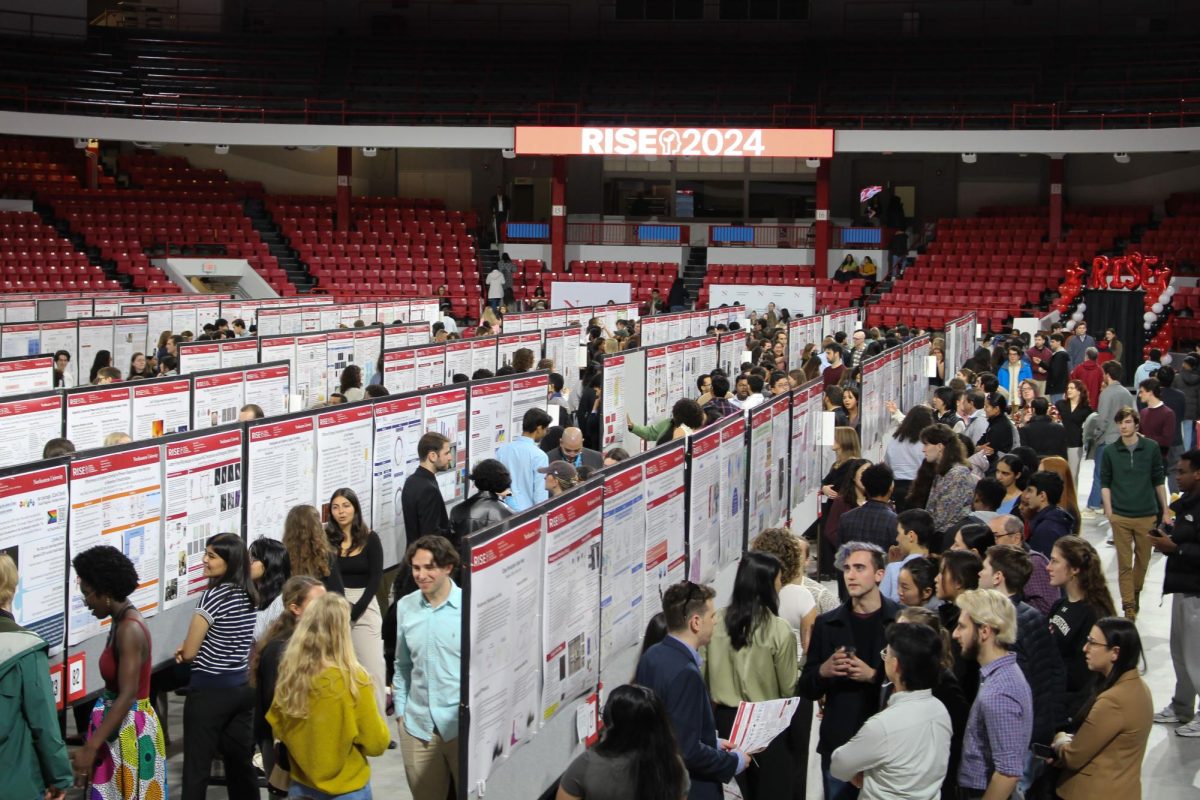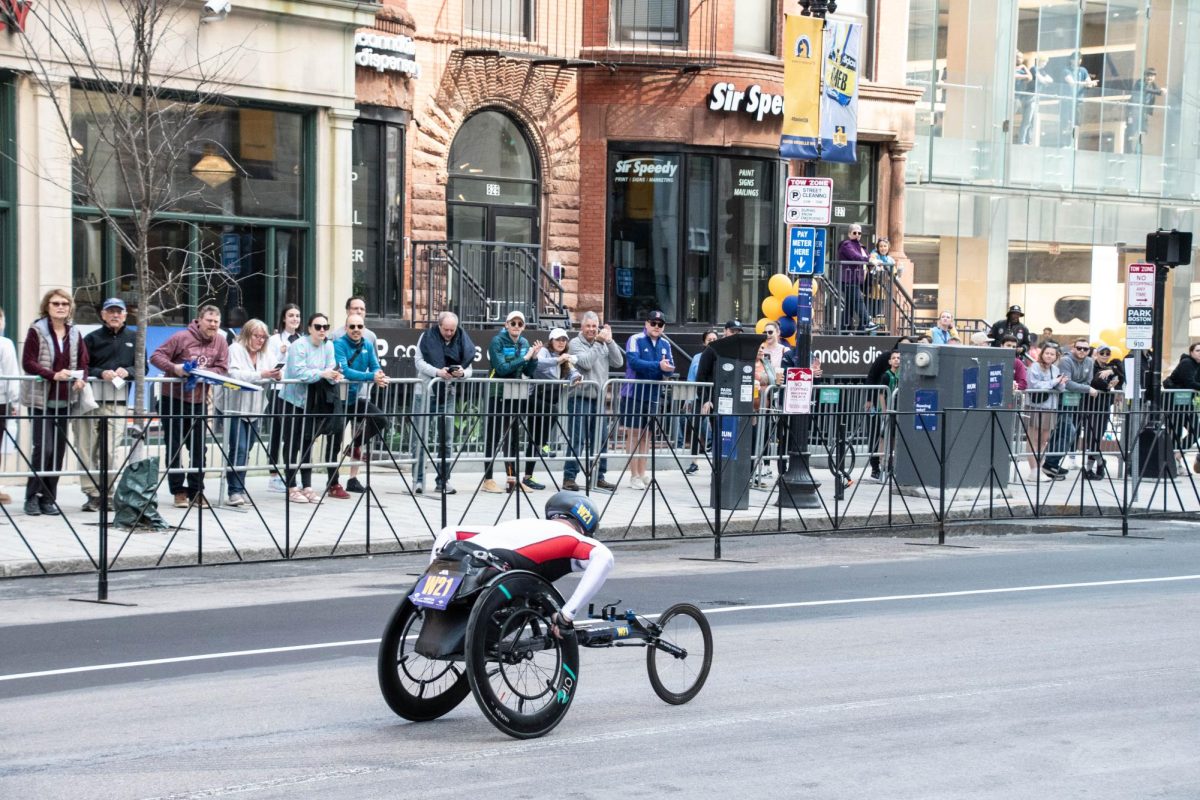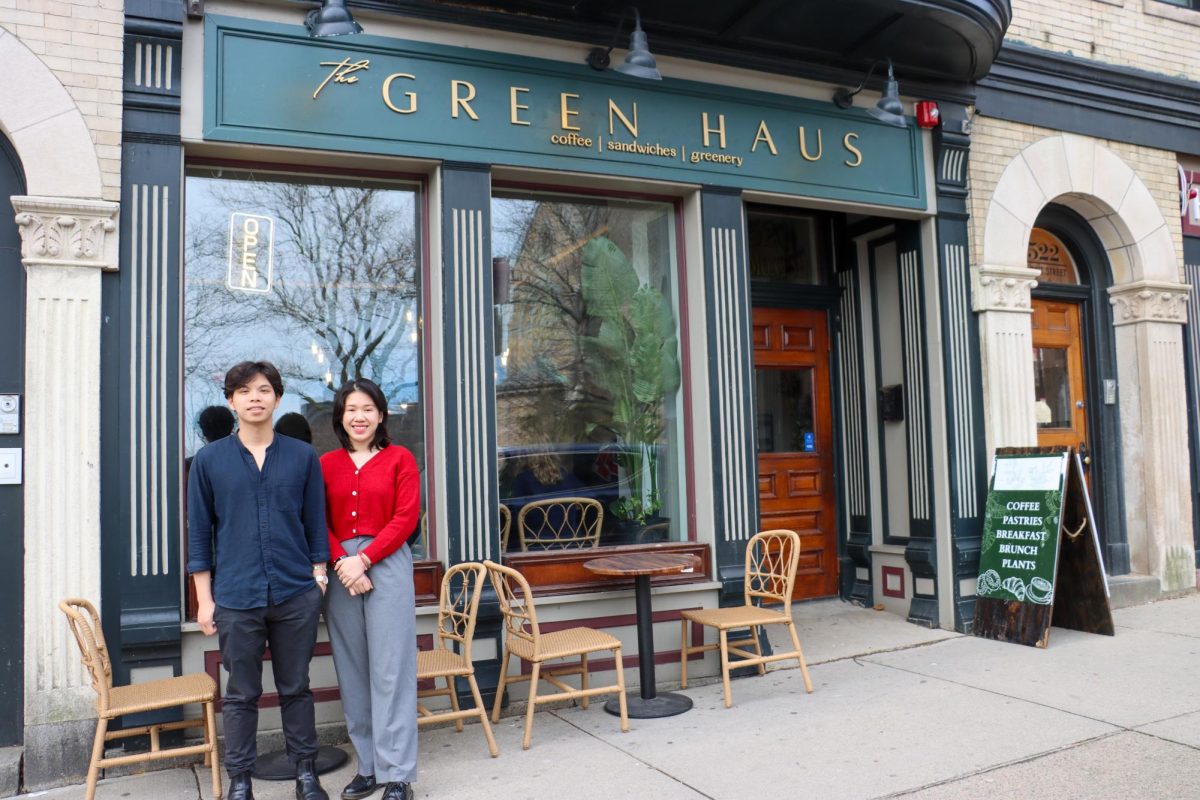By Miharu Sugie, News Staff
In a recently announced plan, Governor Deval Patrick laid out a blueprint to revitalize the debt-ridden MBTA with a 10-year plan that could replace aging equipment, add new stations to the T and extend weekend service to 2 a.m.
However, the new plan, coined The Way Forward: A 21st Century Transportation Plan, requires intensive investment in the MBTA and highway systems, approximately $13 billion that has yet to materialize. Patrick has proposed a variety of measures to raise funds, including raising state taxes and transportation fares.
“The plan, which includes an additional $13 billion capital investment, will reduce congestion on our roads, and delays and crowding on our public transit system, invest in targeted expansion, improve safety, modernize our transportation system and create jobs and economic development for the long-term benefit of the Commonwealth,” Massachusetts Department Of Transportation Press Secretary Sara Lavoie said. “High-quality infrastructure maintenance is our core responsibility.”
MassDOT considered the opinions of over 7,000 public officials, transportation stakeholders and business leaders when outlining the 10-year investment into Massachusetts’ transportation systems, Lavoie said.
In order to get rid the MBTA of massive debt and implement new projects, the plan would require approximately $1.02 billion each year for large-scale modernization of the public transit system and other transportation networks, MassDOT said in a statement. It also calls for an additional $684 million to operate the current system.
The MBTA specifically needs a $166 million investment for the fiscal year of 2014 and $3.2 billion in a 10-year span in order to avoid additional borrowing, increasing fares and cutting customer services.
“Modernizing transportation services, reducing traffic congestion and improving public transit services will only enhance Boston’s appeal to those intending to visit or relocate,” Lavoie said. “We know from talking with thousands of our customers, they want to see more service from us.”
Patrick’s new proposal is an addition to previous reforms of the state’s transportation infrastructure. To some passengers, however, these reforms did not make an impression.
“I think [the MBTA] should’ve done [more already], especially if they’re raising the prices on everything,” said Naomi Zingman-Daniels, an undeclared freshman who takes the Red Line and an MBTA bus everyday from Fields Corner to Northeastern University.
“[It’s] $70 for a monthly pass. You know how much that is for a college student? It’s super expensive and the service just keeps getting worse,” she said.
On the other hand, Anthony Giovane, a sophomore criminal justice major, had a positive view of the new plan.
“I remember a couple of years ago, the trains were so old and beat up and then they added new trains [sic] and now it’s a lot better,” Giovanni said. “They’re moving in the right direction and if things get better, that’d be awesome.”
MassDOT started the groundwork of the ambitious plan in recent years, hoping to cut costs, successfully save more than $500 million and bring about a more customer-focused transportation system, Lavoie said.
The MBTA mTicket app for the commuter rail and the ferry was the first mobile ticketing service in the nation and gave customers discounts and more convenience, she said. In addition, the state funded the MBTA with an $160 million annual infusion and a bond refinancing, allowing the MBTA to escape more debt, customer service cuts and expensive fares, according to MassDOT.
Lavoie said this is not enough.
“At the outset in 2009, it was very clear that reform would be a first step toward transforming our transportation system and that additional revenue and continue reform would be necessary to address our backlog of maintenance and any new projects,” she said. “We must be willing to invest additional resources into the system if we are to fix our system once and for all and ensure continued economic growth Commonwealth-wide.”
The plan calls for the MBTA to undergo a massive transformation, each project ringing up a hefty price tag.
If lawmakers can come up with funding for the plan, the system’s signals and tracks will be replaced and faster, locally-made Orange and Red Line cars will replace the 31-year-old and 43-year-old cars, respectively, at an estimated cost of $1.5 billion.
In addition, some 20-year-old Red Line cars will be overhauled at a cost of $200 million.
Along with the rail cars, old buses will be replaced for better service and safety. The Green Line, known as the oldest line in Boston, will be replaced for $732 million.
The Green Line could potentially expand from the Emerald Necklace of Boston to Medford, in hopes of revitalizing the region’s economy.
South Station would also be expanded for future increases in commuter rail passengers, rush hours and future “high-speed service” to locations as far as Montreal.
New rail lines like the South Coast Rail are expected to boost the mobility of the region’s residents and create an estimated 3,800 jobs.
Passenger rail service is expected to be more sophisticated, with new high-speed rails to major destinations like New York City and Cape Cod.
The MBTA is already in search of options to save costs to restore the gap created from the unexpectedly slowed growth of Commonwealth sales tax revenue, a vital funding source the MBTA is heavily dependent on. Although there are suggestions like revising its retirement policies, there is yet to be a concrete plan.
“We’re talking about the oldest subway system in the United States … We’re talking about railcars that have long exceeded their useful service life, particularly those on the Red and Orange Lines. And so all of that stuff, millions of pieces that move, the hundreds and hundreds of pieces of equipment, they do not just run by themselves,” MBTA General Manager Beverly Scott said in a Jan. 9 interview on WGBH. “They require continued, great work force but you’ve got to replace them and you’ve got to be able to make those key investments.”
Patrick proposed increasing fees like MBTA fares by 5 percent biannually, which would produce $15 million, and dispose personal tax deductions like deducted T passes and corporate tax benefits. In doing so, he claims he can save an additional $1.3 billion annually.
Zingman-Daniels, Giovane and Guranda Darchidze, a project management graduate student, disapproved of Gov. Patrick’s proposal to increase MBTA fares.
“Of course [raising MBTA fare is] not good for the students,” Darchidze said. “They’re not independent financially.”

















